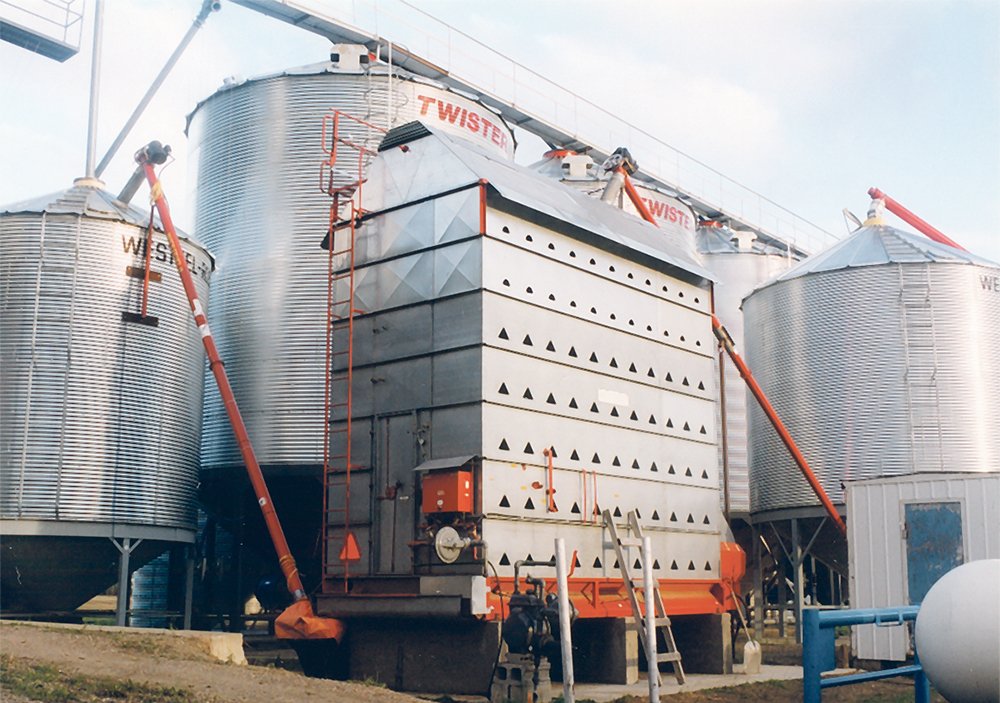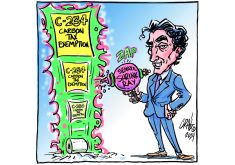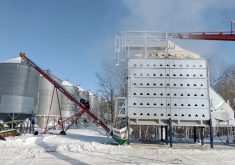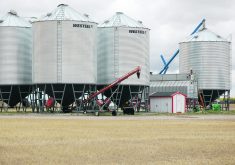Agriculture minister Marie Claude Bibeau had plenty of time to add grain drying as an eligible exemption under the federal carbon pricing plan, but ruled out doing so last year.
She and her colleagues shouldn’t now be standing in the way of cross-partisan support to address the issue.
Let’s recap to see how we got here.
Producers and grower groups remember railroad closures, trade disputes and a wet harvest culminating in the 2019 “harvest from hell.”
By winter of that year, opposition MPs were questioning when the federal government would offer relief for farmers’ grain drying costs.
Read Also

Farmer ownership cannot be seen as a guarantee for success
It’s a powerful movement when people band together to form co-ops and credit unions, but member ownership is no guarantee of success.
Bibeau’s response was to say she was working on the issue and gathering more information.
February was targeted as the earliest date such evidence might be available for her.
After that, there were rumblings the Liberals were working on providing an exemption for grain drying. But Bibeau and her federal colleagues never offered a real solution to the problem of forcing farmers to pay thousands of dollars in carbon costs for drying grain.
Last June, the federal government decided it wasn’t much of a problem at all.
It concluded grain drying costs an average of $210 to $819 per farm. In all, the costs of carbon pricing on grain drying worked out to between .05 to .42 percent of total on-farm operating expenses, according to the federal government.
“The analysis that has been made by the department does not show that the impact of the price on pollution has a significant impact on grain drying, that it has a significant impact on the operation costs,” Bibeau said in June 2020. “The impact is a very small percentage in the operating costs, so this is why we are not moving forward with more specific relief.”
By then, Conservative MP Philip Lawrence had introduced a private member’s bill to amend the Greenhouse Gas Pollution Pricing Act (qualifying farming fuel) to ensure farmers would be exempt from carbon pricing on grain drying activities.
After a few delays, the bill was supported by MPs last month, except for Bibeau and the Liberals.
Liberals argue that Lawrence’s bill wouldn’t effectively address the issue at hand — exempting grain drying costs from the carbon tax — because of the text’s wording. Opposition MPs, legal experts, lobbyists, grower groups and, for what it’s worth, this writer, disagree.
The text of Lawrence’s bill is fine. If it isn’t, a simple amendment can be proposed, by the Liberals or someone else, to clear up potential confusion.
But Bibeau didn’t just criticize the proposed law for being ineffective; she also said her government was planning on introducing its own law to offer farmers relief on grain drying.
Bibeau and the Liberals had plenty of time to address the issue themselves. Instead they decided it wasn’t an issue. Now, appearing to be left on the sidelines, Bibeau and her caucus colleagues have changed their minds.
Apparently, grain-drying costs are an issue to the Liberals and they believe they are the only party qualified to address it.
It isn’t clear what changed Bibeau’s mind.
It is clear that Bibeau and the Liberals should stop standing in the way of opposition MPs, working across party lines, from passing Lawrence’s bill.
D.C. Fraser is Glacier Farm Media’s Ottawa correspondent. Reach out to him by emailing dfraser@farmmedia.com.
















